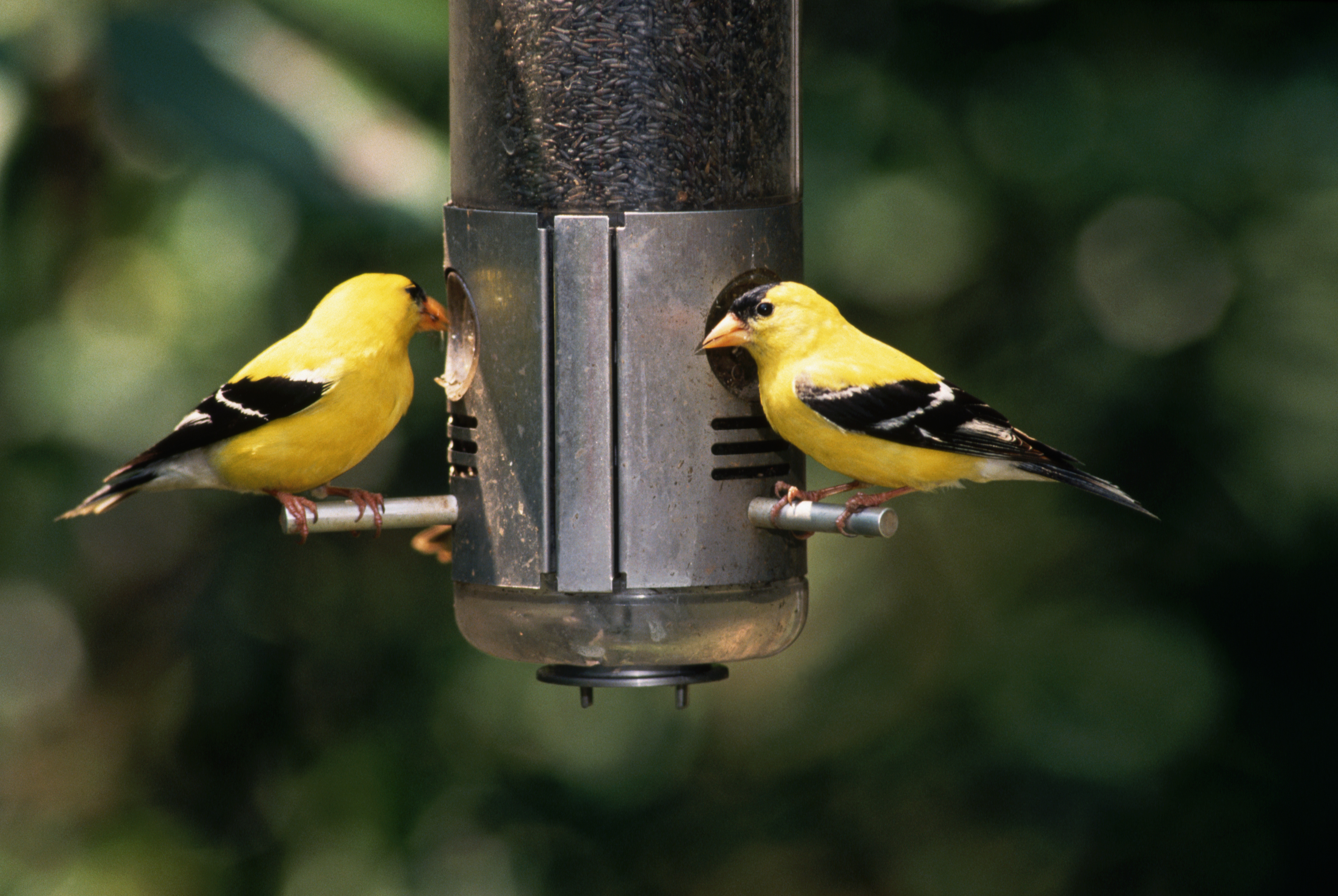Birdwatching for Mental Clarity: The Therapeutic Benefits
Modern life is a whirlwind of responsibilities, digital noise, and endless to-do lists. In the quest for mental clarity and emotional well-being, many individuals are turning to unconventional yet profoundly effective therapeutic activities. One such practice is birdwatching—a simple yet powerful way to reconnect with nature, ease the mind, and promote psychological well-being. Often regarded as a hobby for nature enthusiasts, birdwatching is increasingly recognized by mental health experts as a mindful activity that can reduce stress, improve focus, and enhance emotional resilience.
This article explores the therapeutic benefits of birdwatching, examining its impact on mental clarity, emotional well-being, and cognitive function.
The Science Behind Nature and Mental Clarity
Scientific studies consistently highlight the link between exposure to nature and improved mental health. Researchers have found that spending time in natural environments lowers cortisol levels, decreases symptoms of anxiety and depression, and enhances overall cognitive function. Birdwatching, in particular, involves observation and attentiveness, encouraging a state of mindfulness that counteracts the constant distractions of modern life.
Neuroscientific Perspective From a neurological standpoint, birdwatching stimulates the brain’s prefrontal cortex, which is responsible for executive functions such as decision-making and focus. The slow and deliberate nature of birdwatching helps regulate the nervous system, reducing overstimulation from digital devices and daily stressors. Observing birds’ behaviors, colors, and movements enhances sensory awareness, strengthening neural pathways linked to attention and emotional regulation.
Birdwatching as a Mindfulness Practice
Mindfulness the practice of being present in the moment is a key component of many therapeutic approaches, including meditation and cognitive behavioral therapy (CBT). Birdwatching naturally incorporates mindfulness principles by requiring patience, keen observation, and immersion in the present.
Stress Reduction and Anxiety Management Studies suggest that engaging in mindful activities, such as birdwatching, lowers levels of the stress hormone cortisol. The rhythmic sounds of birdsong, coupled with the serene ambiance of natural settings, create a soothing environment that encourages relaxation and inner peace. As a result, birdwatching can serve as an effective coping mechanism for individuals dealing with chronic stress or anxiety disorders.
Cognitive Benefits of Birdwatching
Beyond emotional well-being, birdwatching offers cognitive advantages, particularly in sharpening focus and improving memory.
Enhancing Concentration and Focus Unlike passive leisure activities, birdwatching requires mental engagement. Identifying bird species, recognizing their calls, and noting their behaviors demand concentration and recall, strengthening cognitive abilities over time. For individuals struggling with attention deficits or mental fatigue, birdwatching serves as a natural and enjoyable way to enhance focus.
Boosting Memory and Mental Agility Birdwatching challenges the brain to retain information about different species, habitats, and migratory patterns. This mental exercise helps improve memory retention, making birdwatching particularly beneficial for older adults seeking to maintain cognitive sharpness and delay age-related cognitive decline.
Emotional Well-Being and Connection to Nature
Birdwatching fosters an emotional connection to the natural world, which can be deeply fulfilling and restorative. Studies show that individuals who spend time observing wildlife experience increased feelings of happiness and reduced symptoms of depression.
Nature’s Role in Emotional Healing Nature therapy, or ecotherapy, emphasizes the healing power of natural environments. Birdwatching, as a form of ecotherapy, allows individuals to develop a sense of belonging to the larger ecosystem, fostering emotional balance and inner peace. The beauty of birds symbolic of freedom and resilience can be uplifting, providing comfort during times of emotional distress.
Social and Community Aspects of Birdwatching
Although birdwatching can be a solitary activity, it also has a strong social component. Many birdwatchers join clubs, participate in guided tours, and engage in citizen science projects, all of which promote social interaction and a sense of community.
Building Meaningful Connections Sharing observations with fellow birdwatchers creates a sense of camaraderie and shared purpose. For individuals dealing with loneliness or social anxiety, birdwatching groups offer a supportive environment to connect with like-minded people while engaging in a positive and fulfilling activity.
Incorporating Birdwatching into Daily Life
Integrating birdwatching into daily routines does not require extensive planning or travel. Whether observing birds in a backyard, local park, or urban green space, the practice can be easily adapted to fit various lifestyles.
Simple Steps to Start Birdwatching
- Find a Quiet Spot – Choose a location with minimal distractions where birds are likely to be found.
- Use Binoculars and Field Guides – Investing in basic birdwatching equipment enhances the experience.
- Practice Patience – Birds may not appear immediately; cultivating patience is part of the process.
- Keep a Journal – Documenting bird sightings can enhance memory and deepen appreciation for the activity.
- Engage in Citizen Science – Contributing to birdwatching databases such as eBird can make the activity even more meaningful.
Conclusion
Birdwatching is more than a pastime—it is a therapeutic practice that fosters mental clarity, emotional resilience, and cognitive strength. By engaging with nature, practicing mindfulness, and embracing the slow, deliberate pace of bird observation, individuals can experience profound mental health benefits. Whether practiced alone or in a community setting, birdwatching provides a pathway to inner peace and mental rejuvenation. In a world that often demands speed and productivity, the gentle art of birdwatching serves as a powerful reminder of the healing power of nature.



























































